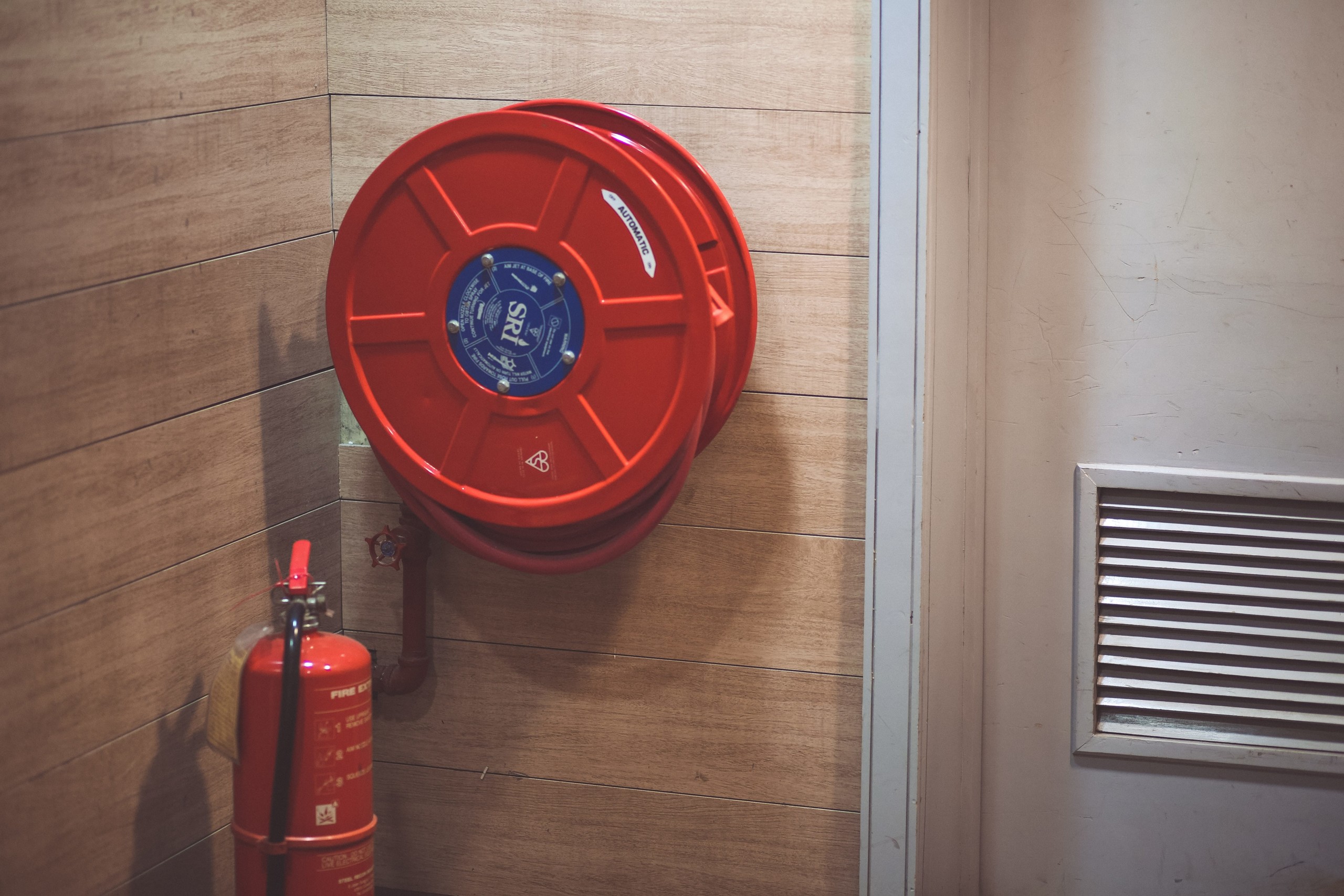As of the 16th May 2022, the new Fire Safety Act 2021 came into force. Employers, facilities managers, and landlords now have greater and more encompassing guidance on responsibility around fire safety, ensuring the safety of millions more people. In this blog, we explore the biggest changes that come along with the new Fire Safety Act 2021 and what they mean for facilities managers.
Why is the Fire Safety Act being updated?
The Fire Safety Act 2021 was sparked by the Grenfell Tower tragedy in 2017, in which 72 people lost their lives after a block of flats in London was set ablaze by an electrical fault.
After investigations were carried out, it was clear, the fire safety bill needed to be updated.
The Regulatory Reform (Fire Safety) Order 2005 lacked clarification on who should take the responsibility of a building’s fire safety measures. The decision was made to update the existing legislation to protect against tragedies like Grenfell happening again and ensure everyone is on the same page when it comes to fire safety compliance.
What has changed?
The new Fire Safety Act 2021 updates the previous legislation from 2005 and better defines who the responsibility and compliance lies with. Fire safety of a premises now clearly sits with the ‘responsible person’ in charge of the premises. This could be a landlord, employer or facilities management company. Whoever it is, they will be responsible for protecting the people who occupy and use the building.
Now the new Fire Safety Act is in full operation, a responsible person must provide sufficient evidence that they have sought expert advice and acted upon it when carrying out fire risk assessments. In the event of a serious fire, if the building owner is unable to produce evidence that the direction of the Fire Safety Act has been considered, they would be deemed non-compliant with the legislation. This would mean the responsible person would have no defence against prosecution.
As well as clearly outlining who is responsible for compliance, the Fire Safety Act 2021 makes two more amendments specific to buildings containing two or more flats with communal areas.
The new legislation clearly states that the reference to communal areas includes the external walls, door, windows, balconies and anything else that is attached to the exterior of the building. It then goes on to clarify that the front door of all flats should also be considered part of the communal area, thus falling under the responsibility of the building owner.
What does this mean for facilities managers?
While facilities managers are experts in managing buildings, that doesn’t mean they are experts in carrying out thorough fire risk assessments or external structural checks in line with the new Fire Safety Act. If this is the case, facilities managers who are in charge of residential properties should ensure that they seek advice from external experts, so they comply with the new requirements.
Front doors of flats should be inspected annually in blocks over 11m high, while internal fire doors should be checked once per quarter, although more frequently would be preferred. In all domestic blocks with a communal area of any height, residents should be provided with information about their fire doors and the safe evacuation of the building.
To further ensure the safety of residents, in January 2023, additional legislation will be enacted to ensure buildings over 18 metres tall are fully compliant with fire safety measures.
The new legislation also states that the information, name, address, and contact details, of the responsible person should be kept on-site in a secure and accessible box, meaning the fire and rescue services can contact them. However, this is only required in domestic blocks over 18m high.
The information box must be inspected and maintained by the responsible person at least annually. The fire safety equipment in the building such as alarms and fire evacuation systems should be checked on a more frequent basis. This should be carried out monthly, to ensure they are in good working order.
How Okappy can help you stay on top
This is a big change in the industry. We are all in agreement that it is a positive change, but it is another aspect of fire safety that has to be managed. Okappy can offer you a Field Service Management platform like no other. We ensure communication between you and your team is seamless every step of the way, whilst also involving all necessary stakeholders. Get in touch with the team today and see why there is one less thing to worry about when using Okappy






